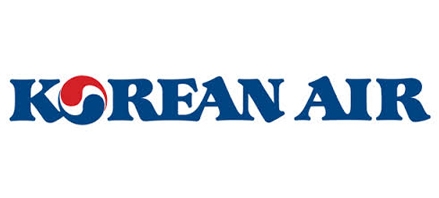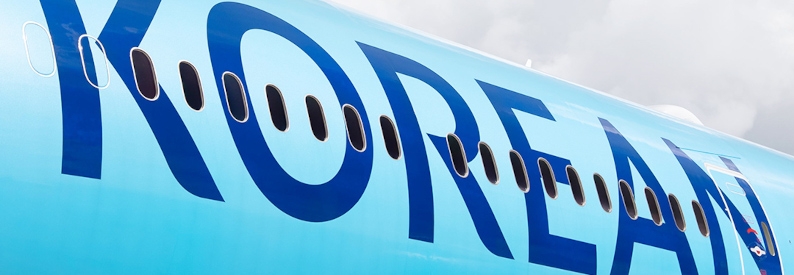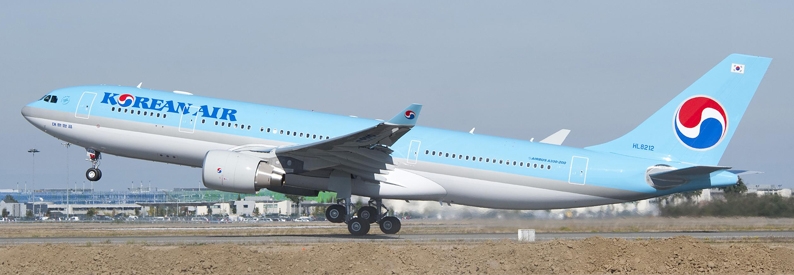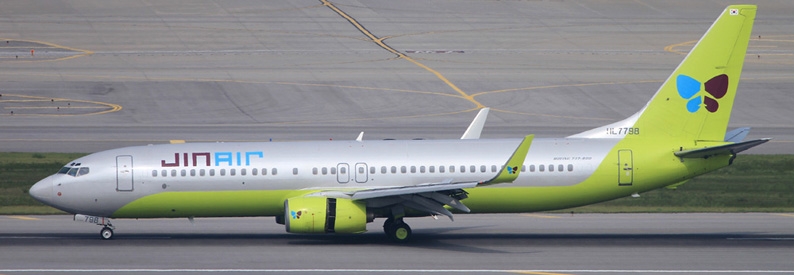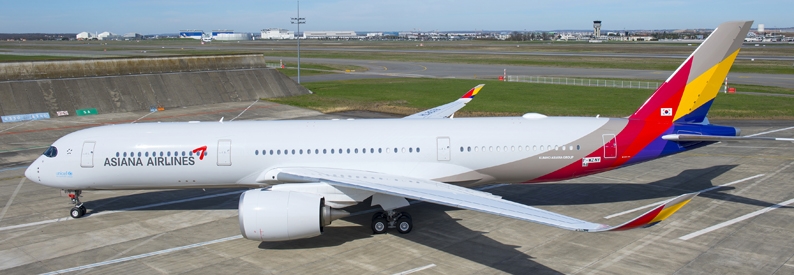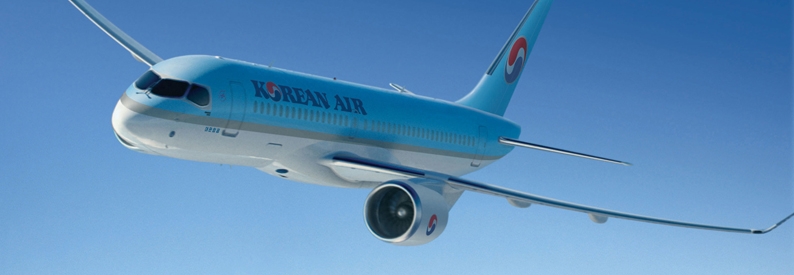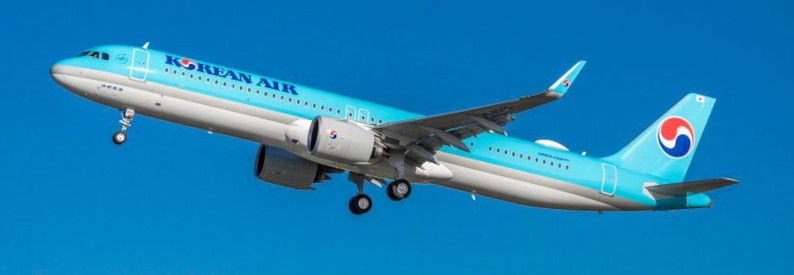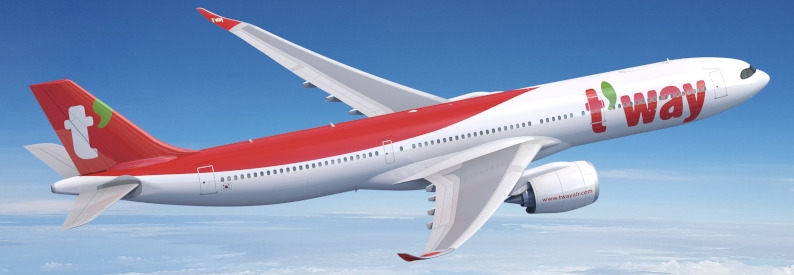With EU and US antitrust authorities still to green light the proposed merger between Korean Air and Asiana Airlines, Seoul business circles are saying that Korean Air and its merger financier (and major shareholder), the Korea Development Bank (KDB) are putting together a so-called Plan B in case the merger does not get the necessary approvals.
In 4Q 2020, Korean Air announced that it would acquire a 63.9% stake in Asiana and fold the latter airline into the former. The deal, achieved through a series of share and perpetual bond transactions, would be financed by the KDB to the tune of KRW800 billion won (USD617 million dollars). However, the merger was subject to approval by anti-trust authorities in multiple markets the two airlines fly to. Many jurisdictions have granted approval, albeit with certain conditions, but three key markets - the UK, EU, and US remain undecided. Last week, the EU said it would commence an "in-depth investigation" into the proposed merger and its effects on competition on EU - South Korea passenger and cargo routes.
Posing problems are the substantial market-shares the two carriers already hold on key routes into these markets. In many cases, that market-share is likely to increase following any merger. Adding a layer of complexity are airline alliances. Korean Air is a SkyTeam member and cooperates closely with other Skyteam airlines flying into Seoul, potentially undermining real competition even further on selected routes. For Korean Air, giving up too many routes or slots, particularly the most profitable ones, undermines the economic argument for the merger.
Korean Air says that it continues to work closely with the relevant anti-trust authorities to resolve their concerns as speedily as possible. The South Korean government is supporting the merger and is said to be quietly lobbying on the airline's behalf. However, unless the UK, EU, and US decision makers all agree to the merger, it will not go-ahead. The view in Seoul is that securing approval from the EU and US will not be easy.
The mooted Plan B involves finding a new entity to take the Asiana stake. Korean Air has little interest in operating the carrier as a long-term subsidiary but few other domestic entities have the financial resources and willingness to support a financially struggling airline. Last week, the CEO of South Korean container transportation and shipping company HMM Co Ltd., hosed down rumours that the company (which the South Korean government is now a major shareholder in) would take over Asiana in the event the merger falls through.
"Since the current market is falling, we plan to tighten management rather than expand our business," said Kim Kyung-bae. While the KDB has a history and reasonable track record of intervening and turning struggling companies around, the scale of the investment required to successfully operate Asiana as a stand-alone profitable entity is believed to be a major disincentive.
One option under active consideration is using equity sourced from the Middle East. In January 2023, South Korean president Yoon Seok-yeol along with a delegation that included the KDB chairman, made an official visit to the UAE and secured a KRW38 trillion (USD29.3 billion) investment commitment from a Abu Dhabi's Mubadala sovereign wealth fund. Where the funds will be invested is yet to-be determined. However, a portion of the funds could be used to acquire an equity stake in Asiana under the Plan B scenario. Foreign entities are unable to secure a licence to operate an airline in South Korea, but a local investment vehicle in which Mubadala owned up to 49.99% of the shares could acquire and operate an airline.
Korean Air is understood to view the Asiana merger as its preferred option. In their statements to media, the airline says the proposed merger is proceeding as planned and all regulatory requests are being met.
- Type
- Base
- Aircraft
- Destinations
- Routes
- Daily Flights
